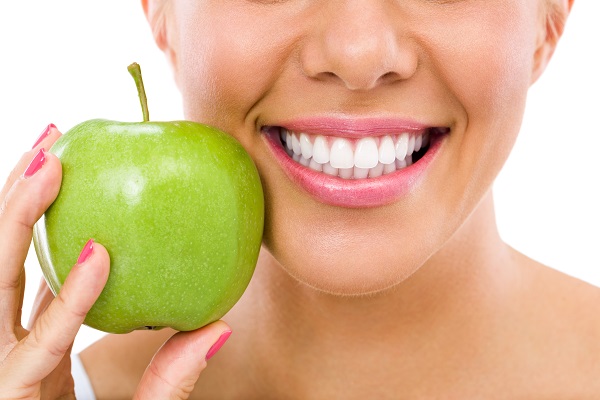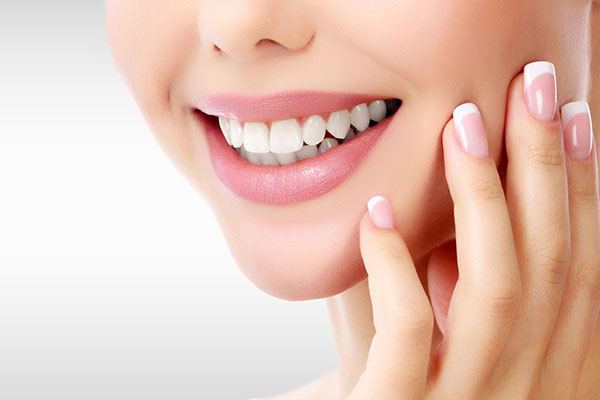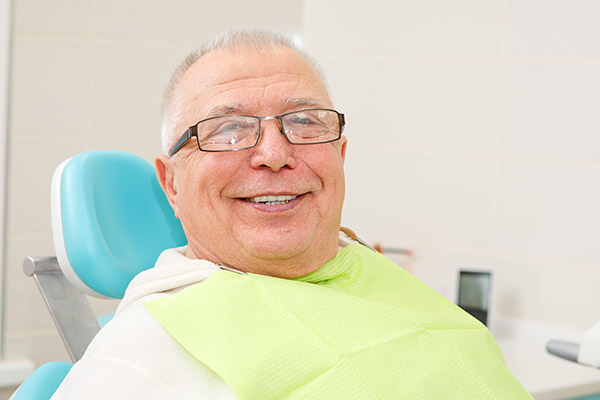Foods to Avoid to Lessen TMJ Pain

TMJ disorders are conditions that affect the temporomandibular joint. These disorders vary in severity and can be caused by several different medical conditions. Some cases of TMJ improve without treatment, while others need intervention. There are some steps an individual suffering from a TMJ disorder can take to lessen symptoms, including diet modification. Avoiding certain food categories can help during the recovery process, and continuing to avoid them can reduce the risk of an increase in symptoms.
TMJ pain and food avoidance
Although dietary changes alone are not enough to fully resolve the symptoms of a temporomandibular joint disorder, choosing food wisely can help lessen them if lifestyle choices are a contributing factor. Several different categories of food can make symptoms worse, including any foods that make the joint move in a repetitive motion or put extra pressure on the jaw.
Large bites of food
One of the easiest ways to avoid symptom-triggering foods is by eating the same foods but preparing them differently. Vegetables can be served cooked instead of raw. Fruits can be cut into tiny pieces that are easier to chew. In general, large bites of food should be avoided when symptoms are flaring up, so any meals should be cut into smaller pieces to avoid having to open the mouth too widely.
Chewy food
One of the categories of food that can exacerbate symptoms of a TMJ disorder is food that has a chewy consistency. Chewy foods make the jaws use small, repetitive motions that can lead to jaw pain and stiffness. Tough cuts of meat and chewy candies, such as caramels, are some of the worst culprits. Chewing gum should also be avoided completely due to the jaw repetition it requires.
Crunchy food
Repetitive motion is not the only type of motion to avoid with a disorder of the temporomandibular joint. Anytime extra force is needed to bite into a food, it can be aggravating to the condition. Crunchy food of any type takes more bite force. Some crunchy foods, such as vegetables, can be cut into smaller bites before eating. Vegetables should not be avoided completely since they are necessary to promote healthy healing. Popcorn and other crispy or crunchy foods can trigger symptoms during the recovery process.
Inflammatory food
Since inflammation in the body is a common cause of TMJ, avoiding foods that trigger inflammation can reduce some symptoms for some people. Following an anti-inflammatory diet that cuts down on fatty foods, dairy and wheat can be helpful. Saturated fat, in particular, can cause systemic inflammation, so avoiding fatty cuts of meat and fried foods is recommended if symptoms of the condition are elevated.
Conclusion
Disorders of the temporomandibular joint can be a painful and persistent problem. When symptoms flare up, treatment options can include lifestyle changes, such as avoiding certain foods that can worsen the problem. Any food that is difficult to bite or makes the jaw move in a repetitive motion should be avoided until the symptoms have improved or the condition has been resolved.
Request an appointment here: https://www.lilburnfamilydentistry.com or call Lilburn Family Dentistry at (770) 800-0178 for an appointment in our Lilburn office.
Check out what others are saying about our services on Yelp: Read our Yelp reviews.
Recent Posts
Proper dental care can involve more than checkups every six months. When the teeth sustain damage from tooth decay or mouth injuries, a restorative dentist will "restore" the smile to its full functionality. The benefits of consulting a restorative dentist do not stop there. These dental professionals can help relieve pain and improve oral health…
A restorative dentist primarily aims to protect oral health through tooth restorations. These restorations can also prevent pain, address any discomfort, decrease the risk of future issues, and revitalize the appearance of a smile. Here is a look at common problem-causing conditions and treatments they use to address them.Decay can wreak havoc, causing tooth pain,…
Full mouth reconstruction is a comprehensive dental treatment plan designed to restore a patient's smile to its optimal function, health, and appearance. It involves a combination of restorative and cosmetic procedures tailored to address various dental concerns, including missing teeth, severe decay, bite problems, and jaw misalignment. Understanding the steps involved in full mouth reconstruction…
For many people, the decision to get dentures is a significant step toward reclaiming their oral health and well-being. Getting dentures from a restorative dentist can help restore confidence, function, and the joy of showing off your smile. If you are considering dentures, understanding the process ahead of time can alleviate any concerns and prepare…


